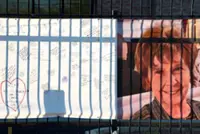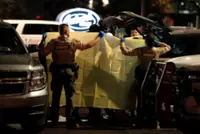PUTRAJAYA: The High Court has the power to issue an order for a minor to undergo DNA tests to ascertain the child’s paternity, the Court of Appeal ruled.
This was decided by a three-member panel of judges comprising Justices Vazeer Alam Mydin Meera, M. Gunalan and Datuk Mohd Nazlan Mohd Ghazali in an appeal concerning a paternity dispute case.





